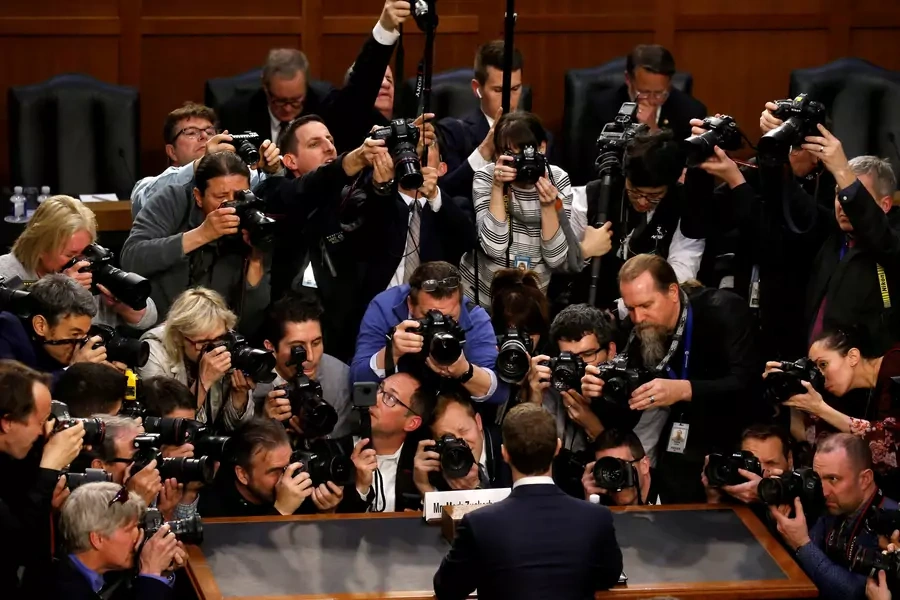Cyber Week in Review: April 13, 2018

Here is a quick round-up of this week’s technology headlines and related stories you may have missed:
1. Mr. Zuckerberg goes to Washington. Facebook CEO Mark Zuckerberg fielded questions during two marathon congressional testimonies over concerns about the company's data handling practices and user privacy. Some in Congress failed to grasp basic concepts like Facebook's business model, what internet service providers do, and how backups work. Others pressed Zuckerberg on his company's lack of transparency around how it collects, retains, and monetizes data, or on Facebook's role in spreading hate speech in Myanmar, U.S. election ads and disinformation, and race-based discrimination on the platform. Many of the answers Zuckerberg provided were variations on the three following themes: "people have control over what they share and their data on the platform," "artificial intelligence will solve the disinformation and extremism content problem," and "my team will follow up." Representative Joe Kennedy III summed up the views of many tech and data privacy experts in calling Zuckerberg deceptive with his answers. Kennedy said that the average Facebook user has no idea the extent to which the platform collects data about them, making it impossible for them to have actual control or ownership of their content. Although Zuckerberg has expressed support for some form of regulation and specifically endorsed the Honest Ads Act, it is unlikely that the hearing will lead to any additional legislation given that Congress, as the New York Times points out, can't agree on what they think is wrong with Facebook.
More on:
2. Disconnected. The African Coast to Europe submarine cable, which connects twenty-two countries to the internet, sustained damage that resulted in outages last week. Countries without redundant connections, such as Sierra Leone, Mauritania, Liberia, Guinea-Bissau, Guinea, and the Gambia, were affected most significantly. Incidents like this are uncommon but not unheard of. Other instances include: three scuba divers attempting to blow up a submarine cable in Egypt in 2013; a woman in Georgia accidentally severing access to Armenia while scavenging for copper in 2011; or a ship’s anchor tearing up cables in 2008. In this latest incident, Mauritania was offline for roughly two days. Sierra Leone also suffered a complete internet outage on April 1, though some reports indicate that the outage may have been government-directed in response to national elections taking place the same day. Connectivity to these countries has been restored, but the incident points to the need for redundancy in the global internet infrastructure.
3. This week in state-sponsored hacking. Two significant news items this week as they related to state-sponsored cyber operations. First, German domestic intelligence chief Hans-Georg Maassen said that there was a "high likelihood" that Russia was behind a cyber espionage operation targeting a computer network linking federal government computers in Berlin and Bonn, the former West German capital. The breach is believed to have occured in 2016, but was only leaked to the public and confirmed by the German government last month. At the time of the leak, Russia denied any involvement. Second, GCHQ Director Jeremy Fleming revealed in a speech that the UK had undertaken a "major offensive" against the Islamic State in cyberspace to “suppress their propaganda [and] hinder their ability to coordinate attacks.” Though Fleming provided few specifics, he boasted about how "targeted and effective offensive cyber could be." That stands in contrast to the U.S. experience targeting the Islamic State in cyberspace, which former U.S. Defense Secretary Ash Carter called disappointing. Fleming also took a shot a Russia, arguing that Moscow was dangerously "blurring the lines between criminal and state activity" in cyberspace and becoming an increasing threat to the UK and its allies.
More on:
 Online Store
Online Store